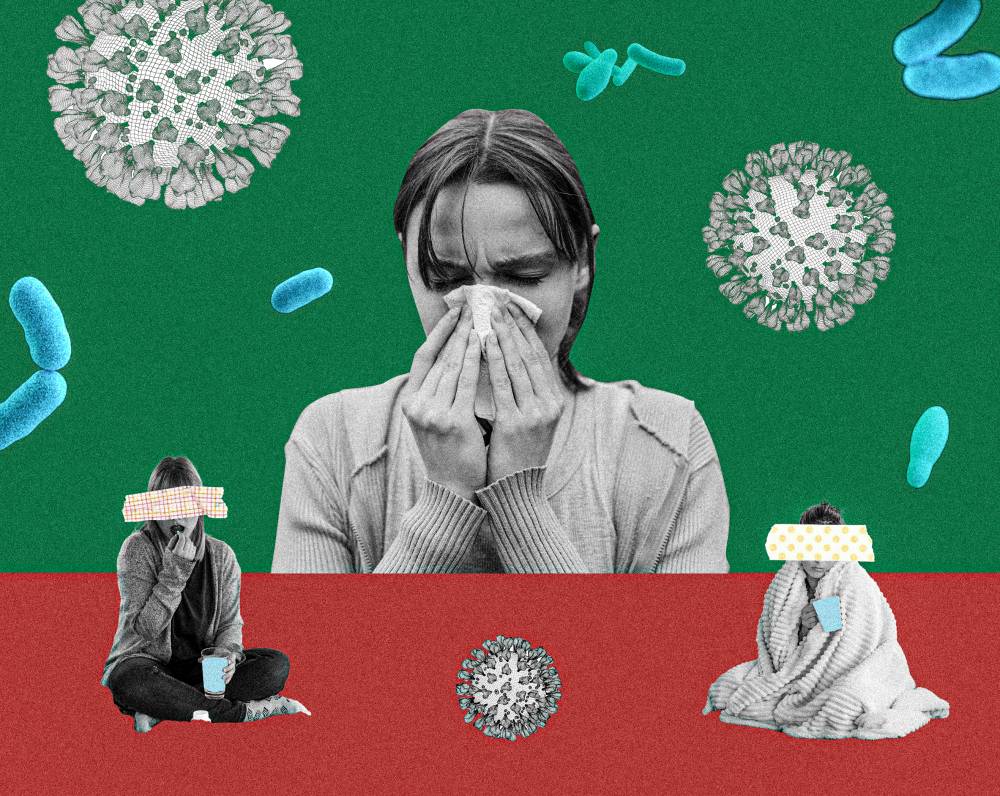Flu remedies that actually work

The “-ber” months are drawing close, and the first thing that comes to mind is that Christmas is near. However, one thing that coincides with this is another less desirable occasion: the flu season.
This is the time when people get sick more than usual. The mix of rainy weather, more social gatherings, and the resumption of classes all contribute to this phenomenon.
While we have no direct control over these things, we can somehow navigate the flu season a little bit better. In this article, we’re going to give you a few tips on how to mitigate, if not avoid, getting sick during this time.
Prevention is better than cure
We’ve heard it time and again, prevention is better than cure. Part of prevention is making sure that your body is up to the task of battling the viruses going around.
The first thing that comes to mind is getting a flu vaccine. Vaccines are important, as they prepare your immune system to combat the illnesses that might enter your body. However, this is usually a hit or miss. We can only predict what kind of strain would go around this year. This is why it’s not advisable nor possible to completely vaccinate over all possible strains.
Nonetheless, getting a vaccine would already give your body a step ahead in terms of preparation.
Wearing a mask and frequent hand washing is a close second in terms of preparation. We probably still have PTSD during this post-COVID time, but it’s still a very important tool in your arsenal against any form of respiratory virus. It’s more common now than pre-2020, so you definitely won’t look odd with a mask on.
Lastly, I also load up on supplements such as beta glucans, vitamin C, and zinc, as these have been touted as immunity boosters.
The importance of rest and hydration
In the event that you do get sick, there are a few ways you can mitigate the effects of the virus in your body. The first, and most important one, is sleep. You really need to stay in bed, sleep as much as you can so your body can recover.
The next one is proper hydration. Getting enough fluids in will replenish whatever you sweat out when you get a fever. Also, staying hydrated helps you feel better by keeping your throat and mucus lining moist and less irritated.
Of course, taking medicine is another important part of the toolbox. Consult with a doctor regarding your options, but more often than not, it’s just about symptom management. Lastly, another hack that I personally do, is to use carrageenan nasal sprays such as the Vicks Cold Defence. This has, from my experience, really sped up the timeframe of my usual upper respiratory tract ailments.
But that’s only half the battle
Post sickness, the path to recovery is half the battle. It’s hard to bounce back after losing a few days of workouts, reviving a sluggish and depleted body, and getting back into the rhythm.
To manage this, I employ a few hacks. Apart from the previously mentioned tips, I also take a ginger and turmeric concoction that I find to be a godsend for my throat and soreness. These substances have been proven to help manage inflammation. Such inflammation is prevalent post-sickness. since cytokines are elevated in the body. On top of that, I like to take Manuka honey, since it helps soothe sore throats. It’s also a very good antibacterial remedy.
Lastly, I ease into my workouts gradually. First, I focus on getting the frequency done—regardless of intensity and duration. As I feel better, I start to increase the duration with no real emphasis on intensity. Once I feel close to my old self, I start to dial in more in terms of intensity with a little bit more rest between sets.
And in a couple of weeks or so, I’m usually back to my old self. It is important though, that we don’t rush things, as you might relapse into another illness.
At the end of the day, getting sick is part of life. It’s something we cannot control and can only manage. Even if we encounter setbacks like this, as long as we have the right mindset, advice, and discipline, it’s easy to bounce back and recover!





















